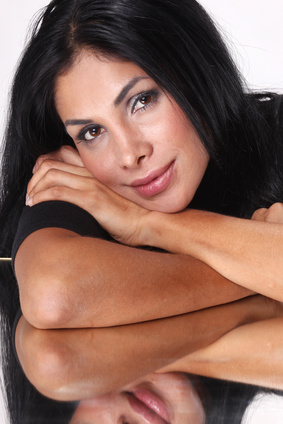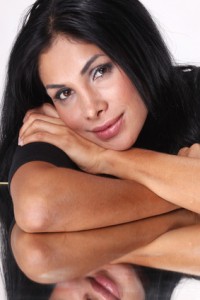Recently I came across some remarks that were very critical of me. They appeared in a public forum, and other people soon chimed in, offering their own thoughts (based on only partial information). What made the remarks really sting was that they originated with a person who is not actually a friend, but – because of her work, because we know the same people and she lives in an area I often visit – I expected to meet her eventually, and I thought we’d like each other.
Of course, I encounter criticism from time to time. Somebody takes issue with something I’ve written, or doesn’t like a book or article. Someone who is acquainted with me in my personal life disagrees with something I’ve done. But I am generally impervious to that type of criticism. Everyone is entitled to an opinion, and what someone else thinks is his or her business, not mine.
I used to be pretty sensitive. My feelings were easily hurt, and what other people thought about me seemed very important. But as I grew older, the opinions of others became much less significant. I’m certainly not unique in this; I think it happens to most of us. We realize that life is short, and we decide to live life on our own terms.
This time, however, I found myself feeling defensive. I wanted to jump into the conversation, and explain why I’d been right. It felt really important to me to explain myself, and to convince other people of my point of view.
It took me a couple of hours, then I took a step back, emotionally speaking. I took a look at myself, and why I was responding with such intensity. When I did, the answer was clear. The writer of the critical comment was my mirror: She was giving voice to my own inner doubts about the choice I had made. Later in the day, a friend offered another perspective: Perhaps the writer was reacting negatively to me, because she was still feeling ambivalent about a choice she had made in the past.
So the solution to my discomfort was not to write a rebuttal. It was to heal the conflict within myself, to make peace with that part of me that questioned the rightness of my actions. Once I did that, the criticism slid into background noise, and eventually receded altogether.
The truth is, we’re all mirrors for each other. We are constantly reflecting back to each other our own inner judgments, doubts and fears. Similarly, we reflect back to each other our feelings of inner peace, and love. So when I am conflicted, when I am not in complete alignment with my value system, I see criticism, and I react to it. And when I am at peace with myself, I see only peace around me.
The concept of the mirror explains why happy people have happy families, and unhappy people are often surrounded by unhappiness. We create our own communities. We each have filters, and we unconsciously filter out that which does not reflect our own inner reality. It’s like buying a green car; until you do, you never notice green cars, then suddenly, you see them everywhere.
On a more global level, our world is a mirror of our inner landscape. If we desire peace and justice in the world, we must each heal our inner selves. Our task is to reach a place of inner calm, harmony and order. That only happens through self-love. When we love ourselves, we see love in the world. When enough of us achieve such inner peace, we will see peace manifest without, as well.


We are mirrors for each other. Sometimes we take what a person says and forget that they are coming from their own history and points of pain.
And while some reflect our darkness, other people reflect our light. Glad you found your light and hope you always look for those who reflect your light.
((Hugs))
MJ